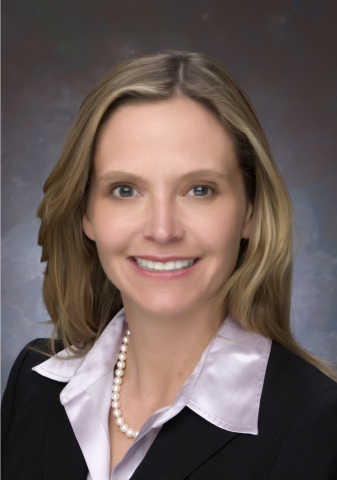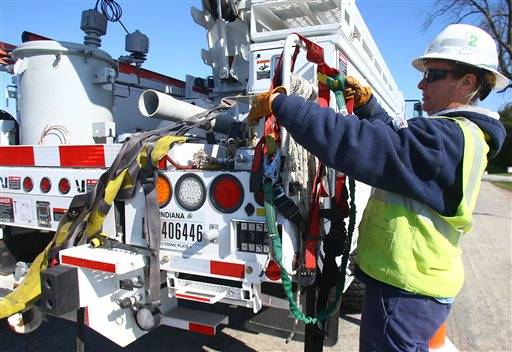 KOKOMO, Ind. — Growing up with a “mad scientist” as a father, Karrie Welker began bucking stereotypes from a young age, falling in love with electricity as girls her age were starting down far different, and more expected, roads.
KOKOMO, Ind. — Growing up with a “mad scientist” as a father, Karrie Welker began bucking stereotypes from a young age, falling in love with electricity as girls her age were starting down far different, and more expected, roads.
Not surprisingly, Welker’s road led to a unique position, one not often traveled by her female counterparts. And it’s a position she hopes to open to more women like herself, a line of work she says they simply don’t think about joining.
It is that position – an apprentice line worker for Duke Energy’s Kokomo branch – that has reinvigorated Welker and brought her back to her roots, where she confronts electricity daily and solves the physical puzzles she’s always enjoyed.
In fact, Welker, 41, is soon to be the only active female line worker employed by Duke Energy in Indiana. Currently, she is a second-year apprentice, nearly halfway through the process that will make her a fully qualified line worker.
In part, line workers are responsible for building, maintaining and restoring electrical service, most often during inclement weather or following an accident that has destroyed a power line. Duke Energy supplies electrical service to 69 Indiana counties, according to a press release.
That isn’t to say, however, that she hasn’t already experienced the oddities that come with being a woman in a field long dominated by men.
“Sometimes it’s a freak show, because everybody looks twice,” she said. “I know I’m not a freak show, I know it’s more because it’s an oddity, but that’s how it feels sometimes.
“I don’t like being the center of attention, so I probably picked the wrong thing to do,” added Welker, laughing.
However, it is those double takes, those obvious looks of doubt that have motivated Welker to be at the top of her field and show her co-workers that the job is, in fact, a gender neutral one.
“Determination, the more people tell me, ‘This is a man’s field, how are you going to do it?’ the more determined I am to do the best I can so they respect me for doing a good job,” she said. “And not just because I’m a woman, the company wants me to do well, so they’re going to push me through. I want the guys to know I’m trying.”
After taking some “basic electricity classes” directly out of high school in an attempt to continue her adolescent hobby, Welker’s life took an extended detour, which included five years as an employee at BioLife and 15 years at a dental lab.
It was about three years ago, though, that Welker heard about the Southeast Lineman Training Center in Georgia, and saw the opportunity to cure her professional unhappiness. While she had in the past tried unsuccessful to apply at Duke, Welker was finally seeing the door open.
There was only one obvious hurdle – Welker didn’t even know if the school accepted women. After learning SLTC would make special accommodations, Welker traveled to Georgia, ready to delve back into an area she already knew well.
Her initial experience, however, would be different from that of her classmates.
“It was very intimidating. The first day I walked into the room full of guys, one big gymnasium room,” explained Welker, who was the only woman in a class of 180. “I got there early enough I thought I could get a seat high in the corner, but the room was already full.
“I walked in and of course everybody just looks at me, and I felt like I was going to throw up. I just kind of smiled and looked for an empty chair.”
As the classes began and the hands-on work started, Welker says she was widely accepted as an important, and talented, member of the team – even if the men sometimes did offer to carry her bags.
“It was very sweet, but I said, ‘No, I want to carry my own bag,'” she said. “I think that’s the only way they treated me different, was to be respectful that I was a woman in that way, to hold the door for me as we were going through the line. Just nice little things, gestures.”
After completing school and being hired at Duke, Welker has seen much of that same respect, but she does wonder why more women aren’t working by her side.
One explanation she has found is that women simply aren’t aware of the opportunity. Another is the aspect of electricity, which she says keeps both men and women away from position.
“Somebody mentioned it to me, or I would never have thought about working on power lines,” she said. “I would think when I had classes at the community college right after high school about electricity that this would have stood out to me, but it didn’t. I don’t know if it was mentioned at that time.”
And while Welker doesn’t believe the line worker community is consciously holding a stereotype in place, she does see the physical aspect of the job possibly driving some woman away from the profession.
“They’re crazy, or I’m crazy,” she said, laughing again. “It is an extremely physical job; you’re climbing up and down off trucks, you’re climbing poles, you’re lifting very heavy objects. You have to keep control of heavy wire as you’re untying it or moving it.
“And I don’t know of many women that are as physical as I am.”
Even with that said, Welker is sure to point out that any woman interested in the position’s physicality is equally qualified as the men applying, a fact she has proven since her career began in Georgia.
“Any stereotypes that someone might have, I’m happy to squash them and explain how, while it’s still physical, it’s not impossible.”
To help promote that fact, Welker believes further female participation in job fairs or female pictures on promotional material could help raise the number of female line workers.
She also sees the opportunities for schools and other educators to increase their focus on females, similar to a man in Texas who started a line worker school and has been traveling to high schools and various locations to recruit women.
One of his tactics, in fact, is to give interested women Welker’s phone number. And while she hasn’t yet received a call, she is eager to promote the profession to young women.
“If any girl had come to talk to me . we could go out to some pole, and just step on the pole, not climb the pole or anything, just feel it and see if that’s anything that (they would) be comfortable with,” she said. “And I would just explain the different things that you do.”
___
Source: Kokomo Tribune, https://bit.ly/1qCziyJ

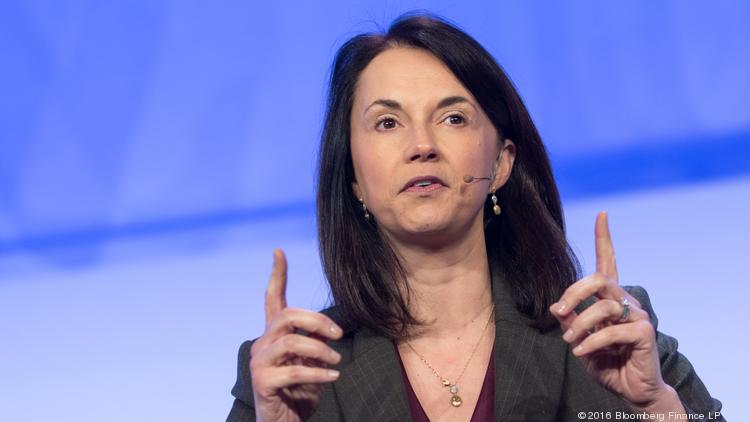
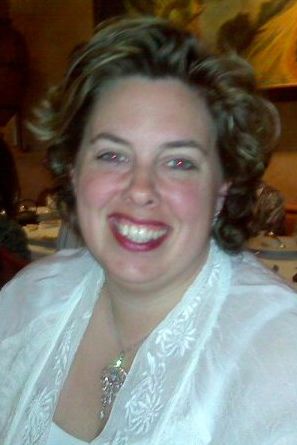 AWE Boardmember Lindsay Sander lead an informative panel on PHMSA Nuts and Bolts at the NARUC Conference that recently concluded in Nashville. The panel covered Increases in U.S. natural gas production, usage and commercialization of natural gas are changing the regulatory landscape for the U.S. natural gas industry and its customers.
AWE Boardmember Lindsay Sander lead an informative panel on PHMSA Nuts and Bolts at the NARUC Conference that recently concluded in Nashville. The panel covered Increases in U.S. natural gas production, usage and commercialization of natural gas are changing the regulatory landscape for the U.S. natural gas industry and its customers.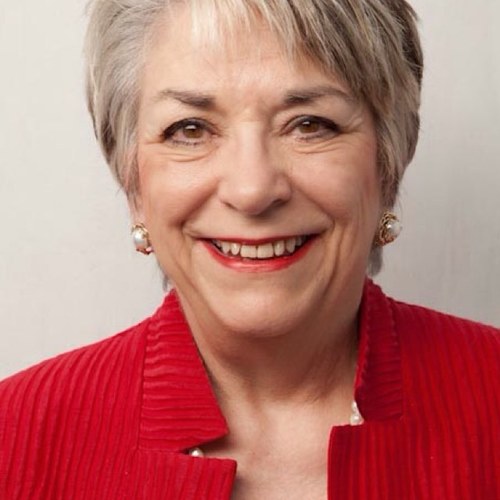 One of our esteemed AWE Board Members, Karen R. Johnson, passed away on June 5, 2016. She was a devoted wife, loving mother, caring mentor, and dear friend to many.
One of our esteemed AWE Board Members, Karen R. Johnson, passed away on June 5, 2016. She was a devoted wife, loving mother, caring mentor, and dear friend to many.
 KOKOMO, Ind. — Growing up with a “mad scientist” as a father, Karrie Welker began bucking stereotypes from a young age, falling in love with electricity as girls her age were starting down far different, and more expected, roads.
KOKOMO, Ind. — Growing up with a “mad scientist” as a father, Karrie Welker began bucking stereotypes from a young age, falling in love with electricity as girls her age were starting down far different, and more expected, roads.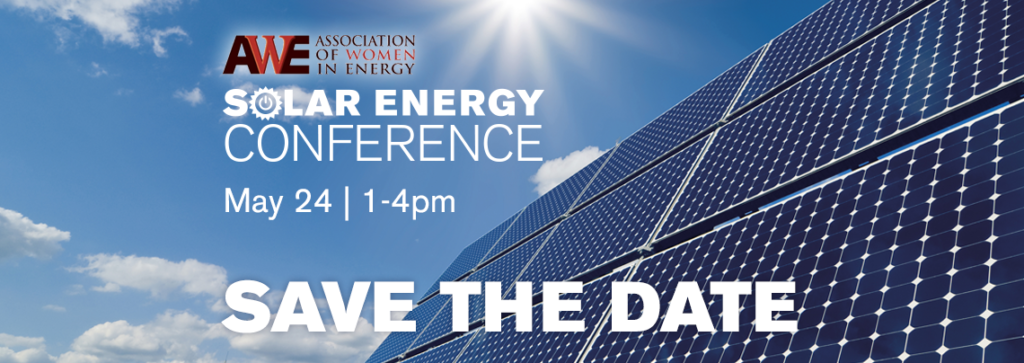
 There are nearly 50,000 women working in U.S. solar jobs of all types, the Solar Foundation reports, accounting for nearly a quarter of the workforce in the sector. That’s an improvement, but the statistic also belies a broader lack of diversity.
There are nearly 50,000 women working in U.S. solar jobs of all types, the Solar Foundation reports, accounting for nearly a quarter of the workforce in the sector. That’s an improvement, but the statistic also belies a broader lack of diversity.